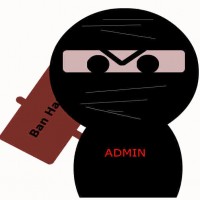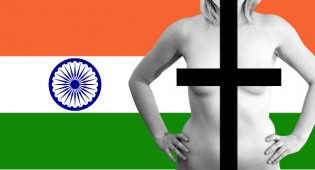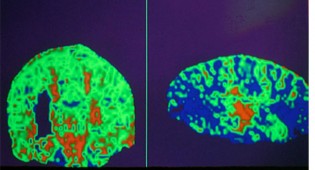Democratic Bangladesh Moves to Restrict Porn, Social Networking

YNOT EUROPE – The Bangladeshi government’s first official acts in the new year have citizens wondering whether all internet users may be at risk of arrest. On Jan. 2, the country’s parliament approved a sweeping anti-porn statute that, if enacted, will imprison and impose stiff fines on producers, distributors and exhibitors of loosely defined pornography. Less than a week later, Bangladeshi intelligence officials admitted they monitor all citizens who are active on social networks and will take action against those who publicly oppose official policies or wish ill on elected officials.
The Pornography Control Act-2011, the Muslim-majority democracy’s first codified attempt to stem the spread of adult materials, would ban “production, preservation, marketing, carrying, distribution, sale and display of any form of pornography.” Violators would face a maximum 10 years in prison if children were harmed in the making of the content. Production, distribution and exhibition in the real world would carry a penalty of seven years, while online and mobile distribution would draw a jail term of five years. All convictions also would earn a fine of 200,000 taka — about U.S. $6,000 or £3,877.
In addition to sexually explicit materials, the law defines pornography as “videos and photography featuring erotic poses, acting, gestures and half-naked dances.” Books, magazines, sculpture and leaflets found to be “stimulating” also would run afoul of the law.
The Bangladeshi parliament is set to debate the bill — and expected to pass it — before the end of January.
On Thursday, the government announced it will instruct local and international offices representing social networks including Facebook, Twitter, YouTube, LinkedIn and Google+ to hand over detailed information and photographs of all users in Bangladesh. The move follows the recent criminal conviction of a Bangladeshi university professor who criticized the country’s traffic fatality statistics on his Facebook page, incorporating a suggestion that should Prime Minister Sheikh Hasina die in a traffic accident, the government would improve the roads.
An anonymous source within the Bangladeshi intelligence community admitted to WeeklyBlitz.net that his agency has established a special branch to monitor online social networks for anti-government, “offensive” and “provocative” comments and activities. The source also said the government may take legal action against any users in Bangladesh who post such materials.
“We cannot let these sites be greatly abused by the users in spreading false propaganda against the government,” the source told Weekly Blitz.
According to government statistics, more than 2.6 million Bangladeshis use Facebook. More than half of them are 18-24; 76 percent are male.
Comments are closed.





